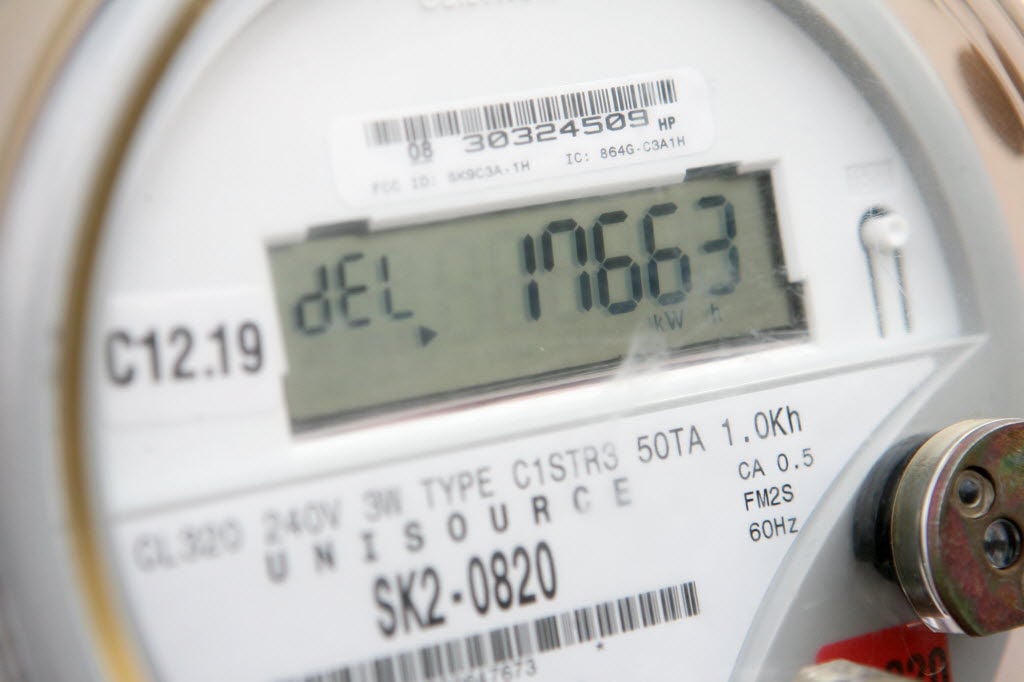A hearing judge in UNS Electric’s rate case has advised cutting the rural utility’s rate request and urged regulators to reject, for now, so-called demand charges and cuts to energy paybacks to rooftop solar customers.
Instead, the Arizona Corporation Commission judge urged that UNS develop a plan to transition all of its small-business customers to time-of-use rates, which are higher during peak demand periods and lower during off-peak periods.
The Corporation Commission is scheduled to consider the UNS case at its next open meeting, Aug. 9-10. UNS serves Santa Cruz and Mohave counties.
The case is being watched closely as one of the first of several pending cases — also including UNS sister Tucson Electric Power Co. — to come before the full commission as it wrestles with issues of cost recovery and the value of rooftop solar generation.
The recommended order by commission administrative law judge Jane Rodda would raise the average UNS residential customer’s bill by an estimated $2.36, or 2.7 percent, compared with a UNS-proposed increase of $8.10, or 9.5 percent.
The judge proposed an increase in the basic monthly residential charge to $13 from $10, instead of the increase to $15 UNS had requested.
UNS and other utilities are trying to recover more of their costs through fixed charges, rather than usage-based charges, contending customers with rooftop solar avoid paying fixed costs of using the power grid.
UNS had initially supported a proposal by the commission staff to shift all home and small-business customers — including rooftop solar customers — to so-called demand rates, which base part of a customer’s bill on a period of highest peak usage. The utility later dropped its support but still wants to put all solar customers on demand-charge rates.
Demand charges, relatively common for commercial accounts, have never been mandatory for home customers, and the recent UNS proposal sparked an outcry of opposition from consumer advocates who say ratepayers are ill-equipped to track and modify their usage.
In her recommended order, Rodda wrote that “a massive public education effort” would be required before demand rates could be fairly implemented, instead advising that UNS transition customers to time-of-use rates.
The judge also rejected UNS’s bid to drop its net-metering rate — at which it credits rooftop-solar customers for the excess power they generate — from the full retail rate of about 12 cents per kilowatt hour to about 6 cents, the utility’s most recent cost for power from utility-scale solar farms.
Rodda recommended that UNS’s net metering rate stay unchanged for now and be adjusted later based on findings in a separate commission proceeding studying the value of distributed solar generation.





